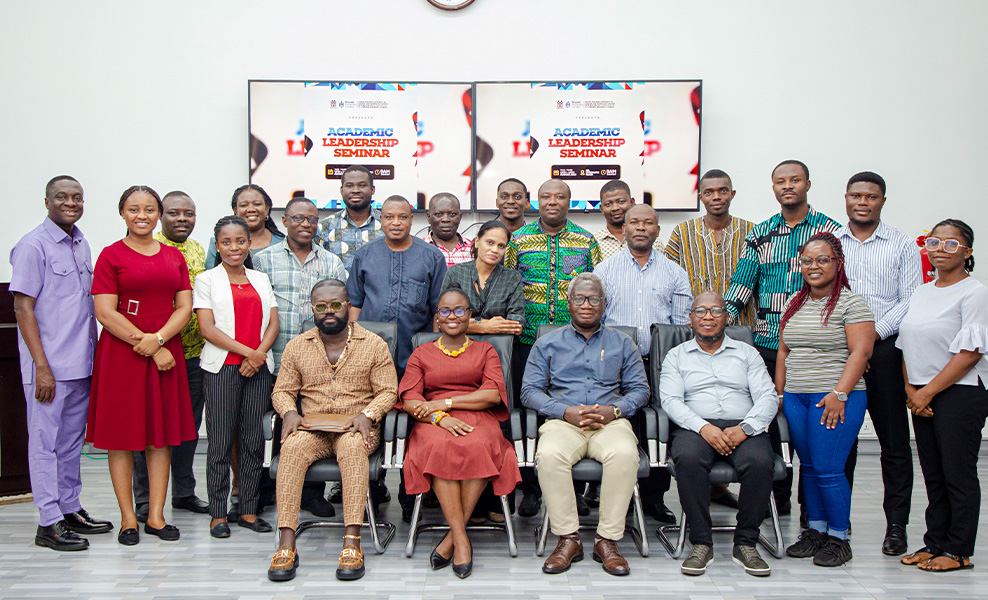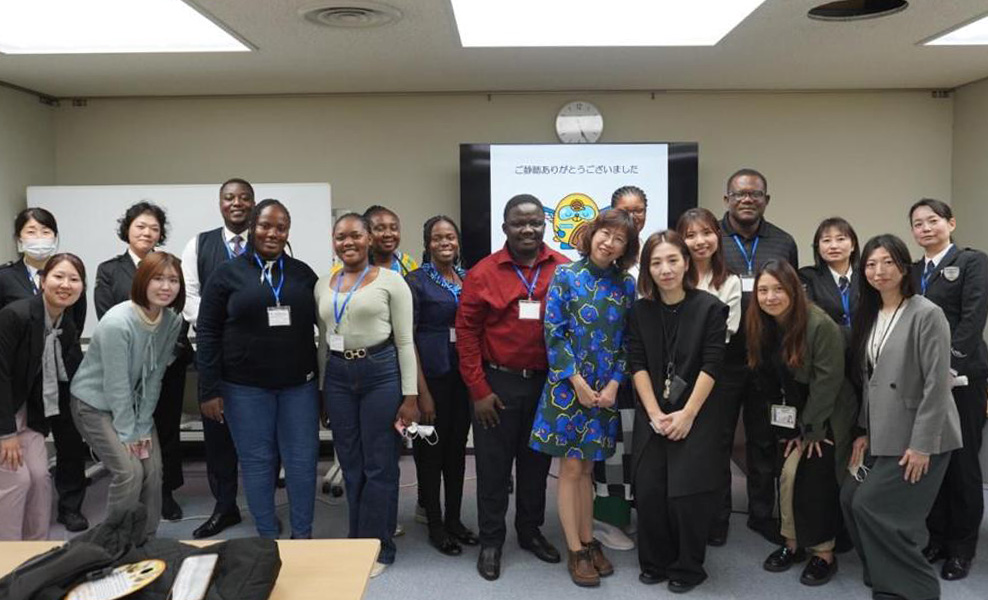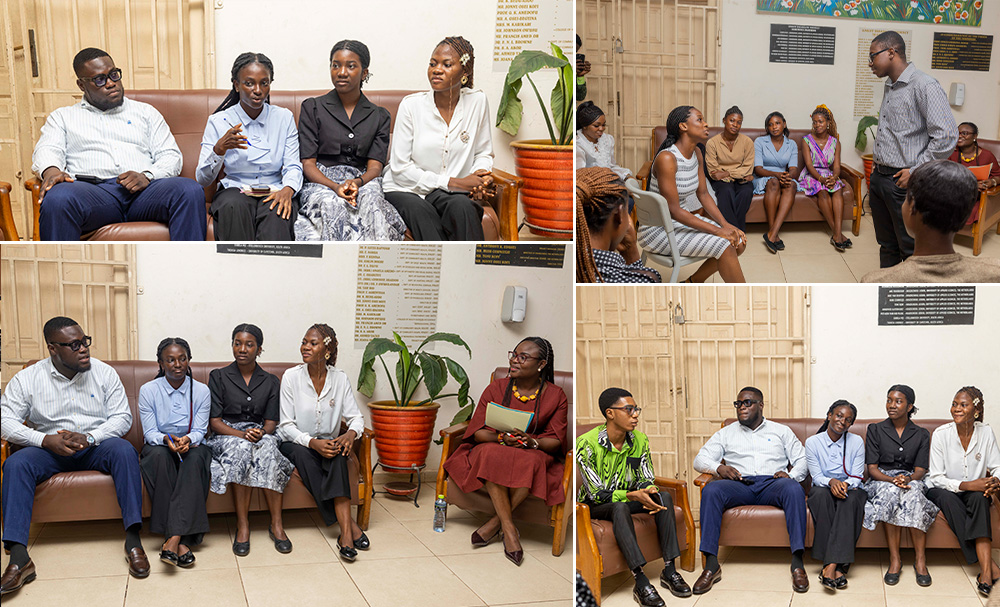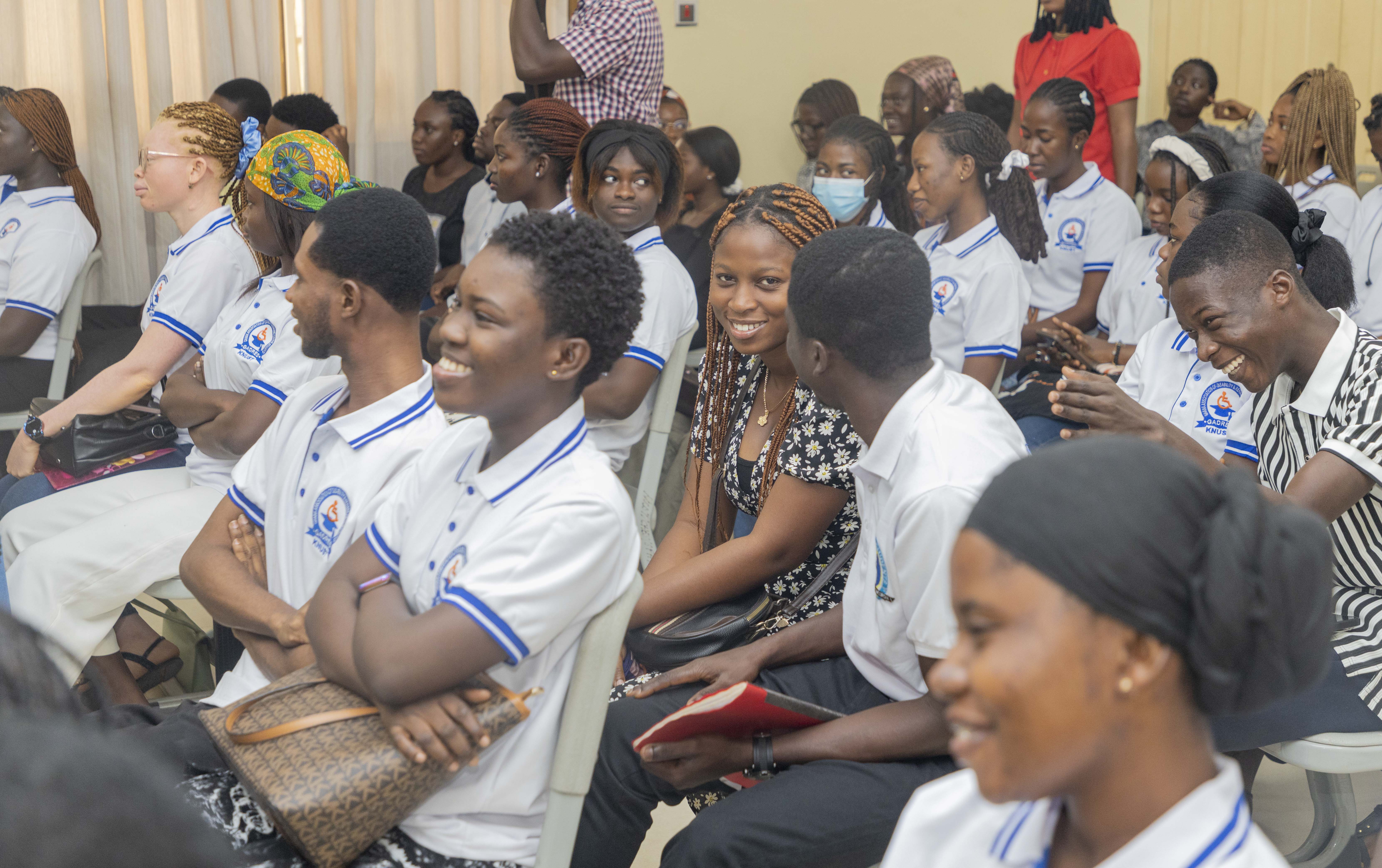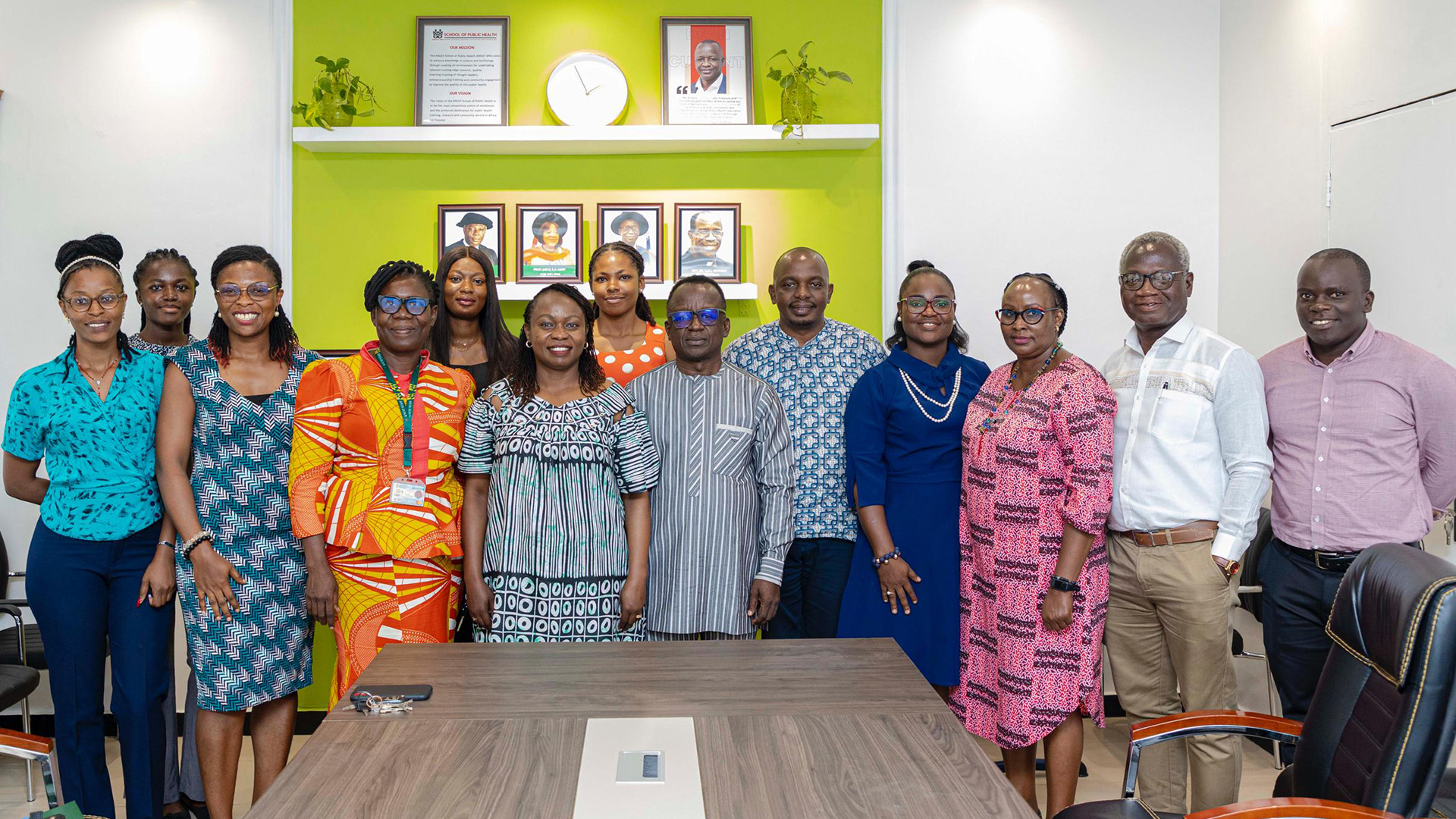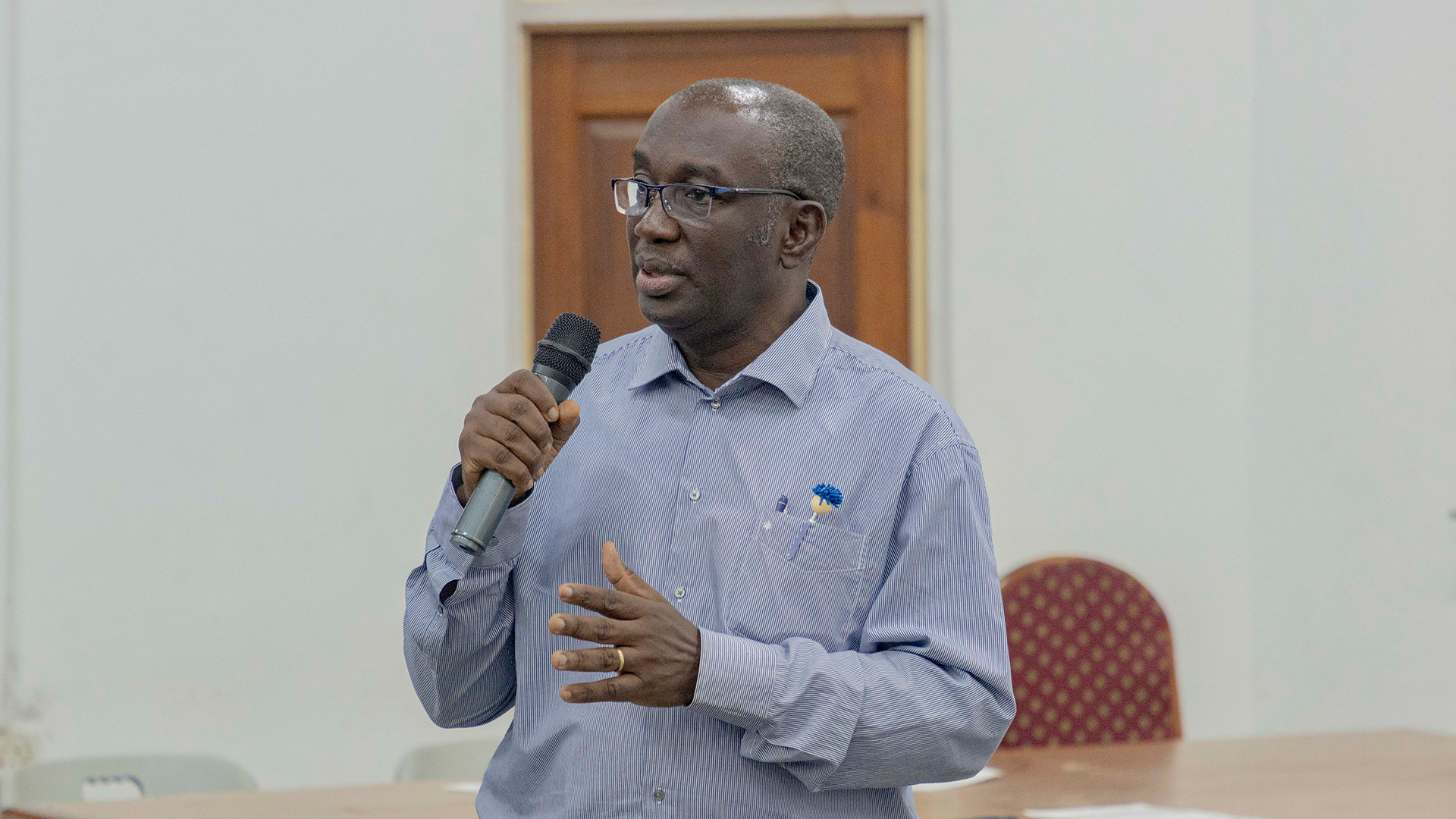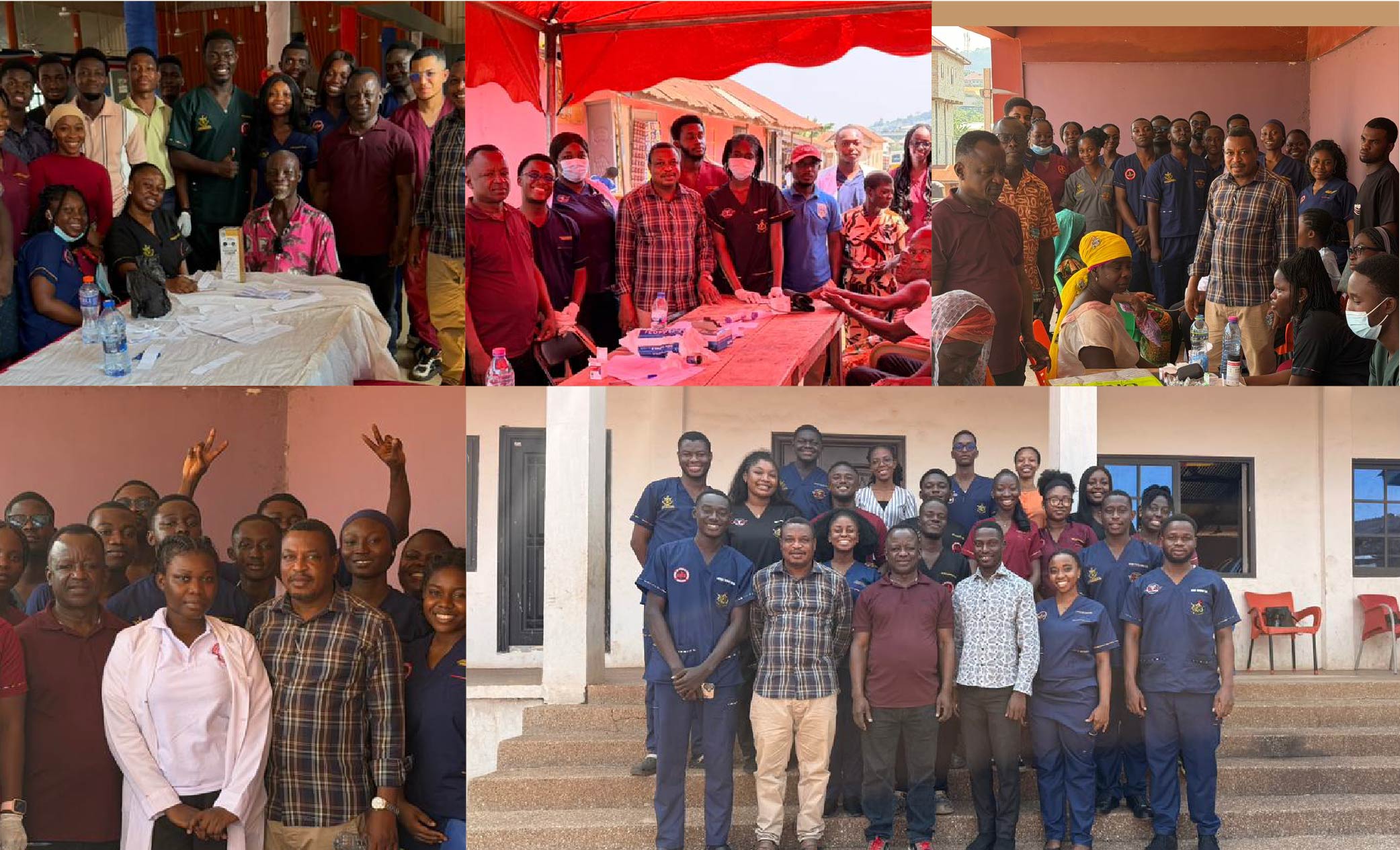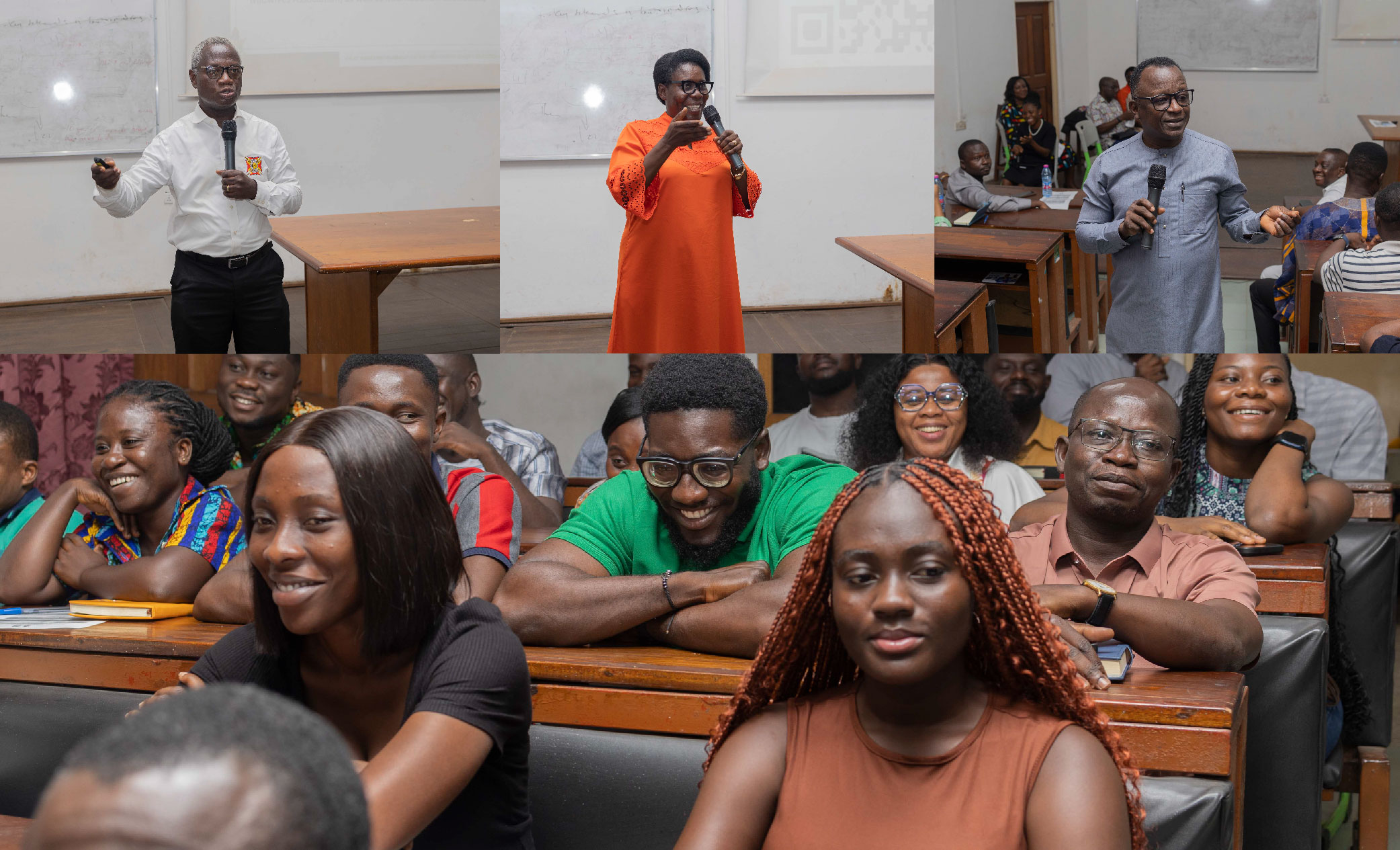The School of Public Health at the Kwame Nkrumah University of Science and Technology (KNUST), Kumasi, has completed a three-day academic leadership training programme in partnership with Brunel University London.
The event, organised by the school’s Mentorship and Training Committee, forms part of a memorandum of understanding signed between the two institutions to boost collaboration.
The training brought together faculty and academic leaders from both universities to strengthen leadership, raise research visibility and promote long-term partnerships.
Speaking on grantsmanship, Professor Nana Anokye, a health economist at Brunel University, stressed the need to build the right team, develop innovative ideas and form strategic collaborations.
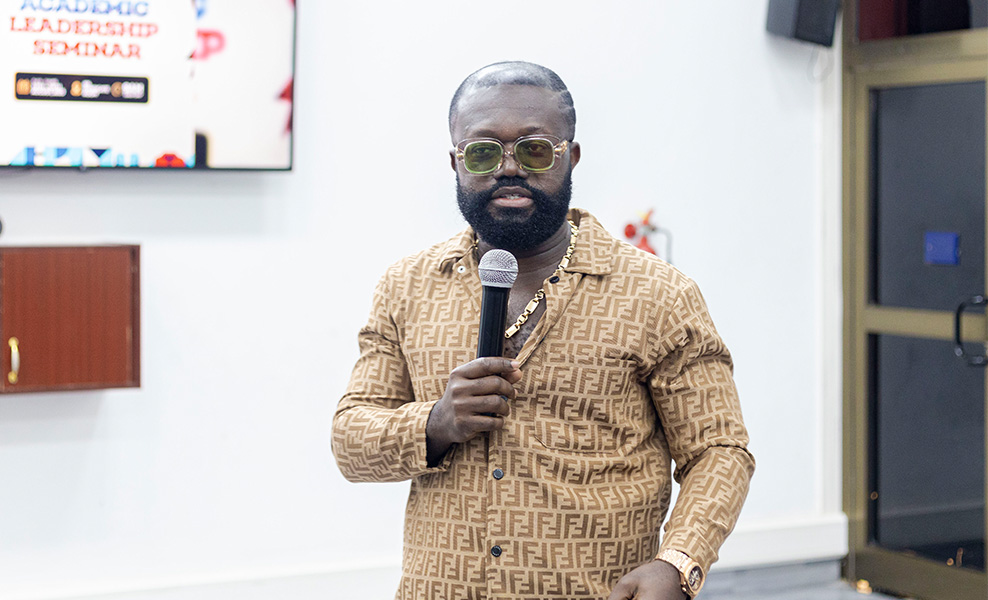
He advised early-career researchers to start small with internal and seed funding, build credibility, network with successful grant winners, and seek mentorship.
“Follow the requirements, know your unique selling point, and don’t feel you must always lead a grant application,” Anokye said. “Start with colleagues, build collaborations and grow from there.”
He also advised researchers to develop a grant-writing trajectory, from background reviews to full draft writing and to seek feedback from peers and successful grant winners.
“Create space in your workload for grant research before other duties take over,” he added, noting that strategic time management can make the difference between success and missed opportunities
reaffirmed the university’s mentorship policy, calling mentorship “a gift that keeps giving” and “a vital compass for navigating the academic journey.” He said effective mentorship is not limited to one person but to anyone who can guide and teach well.
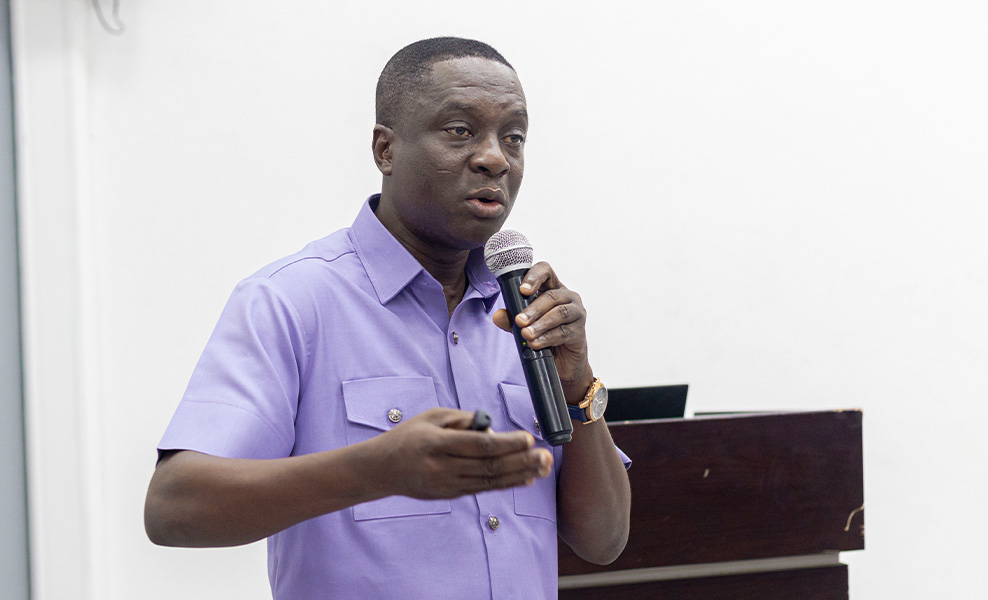
“Mentorship is about showing and telling,” he said, emphasising that mentees should define their boundaries early and respect those of their mentors. “Once your boundaries are set, stay within them and seek permission if you need to cross. Acknowledgement is as important as confidentiality.”
Dr. Mensah also urged academics to be proactive in seeking feedback, open to constructive criticism and deliberate about building relationships that foster trust and accountability. He noted that mentorship should be a two-way learning process, with both mentor and mentee benefiting from the exchange.
Other faculty members also shared their experiences navigating academic challenges and building professional networks.


